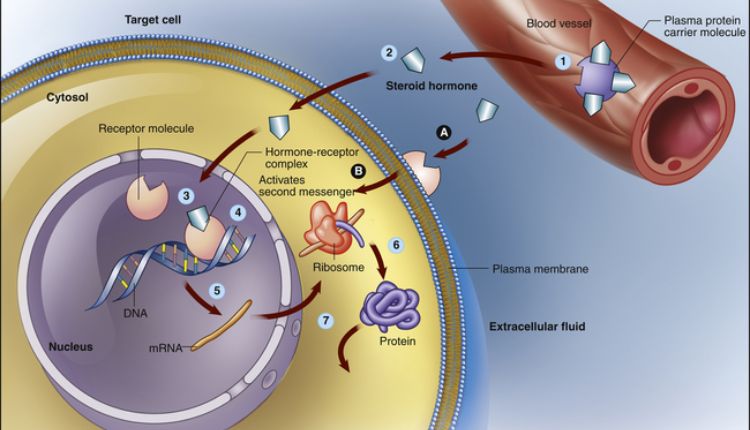Hormones play a vital role in keeping the body balanced, influencing everything from mood and sleep to metabolism and muscle growth. While many factors contribute to healthy hormone function, diet is one of the most powerful. Among the nutrients that support this delicate system, protein stands out as a key player. Not only does it provide the building blocks for muscle repair and energy, but it also has a direct impact on the way hormones are produced and regulated. For example, incorporating high-quality sources such as pure whey protein powder can help ensure your body gets the amino acids it needs for optimal hormonal balance.
Why Protein Matters for Hormones
Proteins are made up of amino acids, which the body uses as raw materials to produce hormones. Hormones are essentially chemical messengers, and many are protein-based themselves. Without sufficient protein intake, the body may struggle to create and regulate these messengers effectively, leading to imbalances that affect energy levels, mood, weight, and even reproductive health. Many people also explore peptide-based supplements, and understanding how to reconstitute peptides properly helps ensure they remain effective and safe to use.
Protein and Insulin Regulation
One of the most well-known hormone–protein connections involves insulin. Insulin is crucial for regulating blood sugar levels, and protein intake influences how effectively insulin functions. Eating adequate protein can help reduce blood sugar spikes and promote steady energy levels, making it especially important for people looking to manage conditions such as insulin resistance or type 2 diabetes.
Protein and Appetite Hormones
Protein also plays a significant role in the regulation of appetite-controlling hormones. After consuming protein, the body releases hormones such as peptide YY and GLP-1, which help increase feelings of fullness and reduce cravings. At the same time, protein can lower levels of ghrelin, commonly referred to as the “hunger hormone.” This makes protein not only beneficial for muscle maintenance but also an effective tool for weight management.
Protein and Stress Hormones
Cortisol, the hormone often linked to stress, can be influenced by protein intake. While short bursts of cortisol are essential for daily function, chronically high levels can lead to negative effects, including weight gain and weakened immune function. Adequate protein in the diet supports stable blood sugar, which in turn helps keep cortisol levels in check. This connection shows how nutrition directly affects mental and physical wellbeing.
Protein and Reproductive Hormones
Balanced protein intake is also important for reproductive health. Proteins provide the amino acids needed for the production of hormones like oestrogen, progesterone, and testosterone. These hormones regulate reproductive cycles, fertility, and sexual health. Low protein intake can disrupt these systems, while consistent, high-quality protein helps maintain equilibrium.
Choosing the Right Protein Sources
Not all proteins are created equal when it comes to supporting hormone health. Whole foods like lean meats, eggs, legumes, and fish provide excellent sources of amino acids. For those who need convenient or additional support, supplements such as whey protein can be highly effective. The key is ensuring the protein source is of high quality, minimally processed, and rich in essential amino acids that the body cannot produce on its own.
Ready to up your protein game?
The connection between protein and hormone regulation is a reminder that nutrition is more than just calories and macronutrients—it’s about fuelling the body’s complex systems in the right way. Protein, in particular, has a profound influence on hormones that affect energy, mood, stress, appetite, and reproductive health. By prioritising high-quality sources, whether through whole foods or supplements, you can give your body the tools it needs to maintain balance and function at its best.






